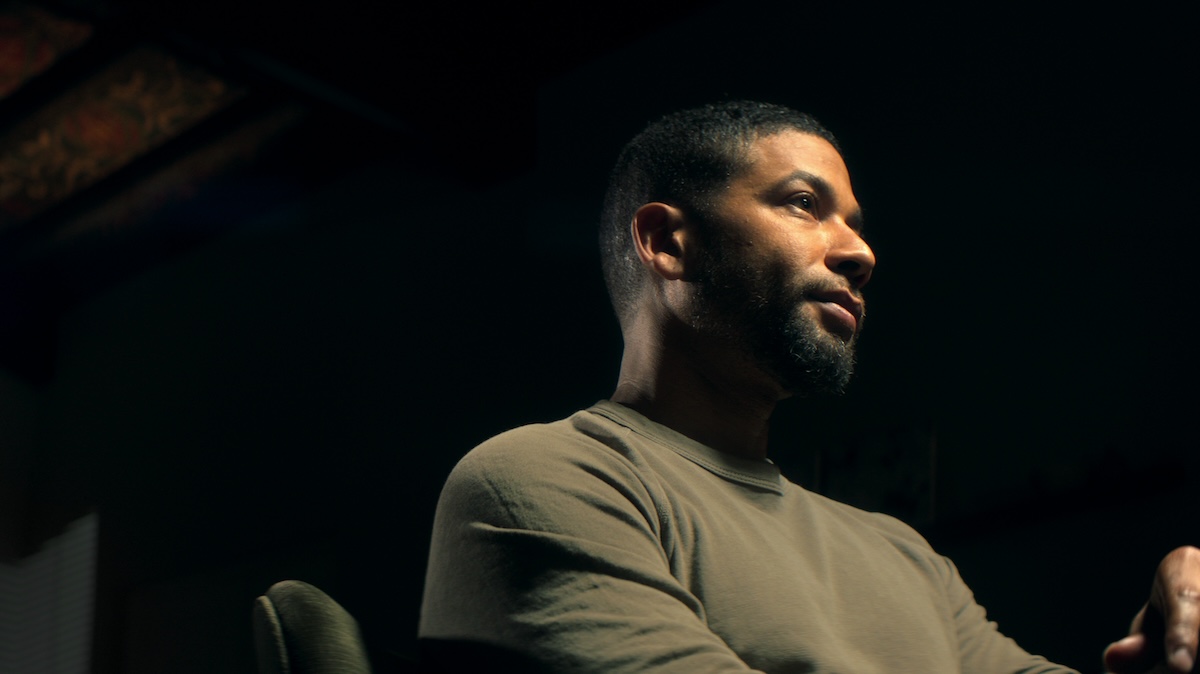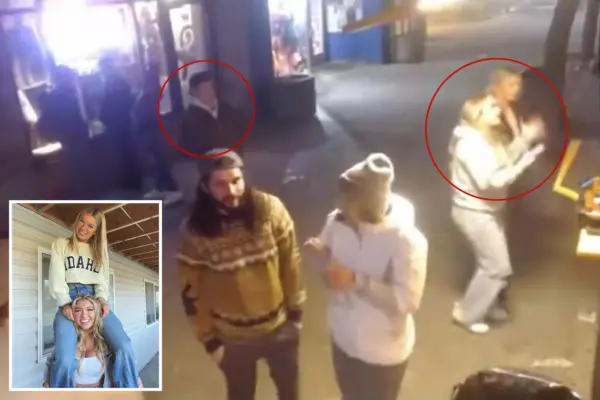
Introduction
The case of Jussie Smollett has garnered significant media attention and public interest since the actor reported an alleged hate crime in January 2019. The incident and its aftermath have sparked debates surrounding race, sexuality, and the reliability of victim testimonies. Smollett’s predicament has been closely followed, illustrating the wider societal implications of such controversial legal battles.
Overview of Events
On January 29, 2019, Jussie Smollett, known for his role in the television series ‘Empire’, claimed he was assaulted by two masked men in Chicago who hurled racist and homophobic slurs at him. The incident raised alarm, drawing widespread condemnation and support from various celebrities and public figures. Initially viewed as a serious hate crime, the investigation took a dramatic turn when authorities later accused Smollett of orchestrating the attack himself.
By February 2019, police had arrested two brothers who claimed Smollett had paid them to stage the attack. The police then charged Smollett with filing a false police report. The case went through several court proceedings, ultimately resulting in a conviction for five counts of felony disorderly conduct for the false reports made to the police.
Legal Battles and Outcomes
In March 2022, Smollett was sentenced to 150 days in jail and 30 months of probation, alongside a restitution order to pay $130,000 to the Chicago Police Department for their investigation costs. However, in an unexpected turn, Smollett’s team maintained his innocence, initiating appeals against both the conviction and the sentence.
In 2023, the Illinois Supreme Court declined to hear Smollett’s appeal, upholding the lower court’s conviction. The former actor remains enmeshed in legal struggles as he seeks to overturn the ruling and regain his public image.
Conclusion
The Jussie Smollett case serves as a complex narrative entwined with issues of justice, race relations, and LGBTQ+ rights in America. The extensive media coverage and public discourse following the incident highlight not only the specific circumstances surrounding Smollett’s actions but also the broader implications for those who experience real hate crimes. As Smollett’s legal challenges continue, the case raises significant questions about accountability, the role of public figures in society, and the movement for justice in a polarized climate. It remains to be seen how this case will influence future discussions on hate crimes and the treatment of victims in the media and legal frameworks.
You may also like

Latest Updates on the Idaho Murders Case

The Impact of Susanna Reid on British Television

An Overview of The Sun Newspaper and Its Impact
SEARCH
LAST NEWS
- Remembering Wendy Richard: The Promise to Co-Star Natalie Cassidy
- How Did Anglian Water Achieve an ‘Essentials’ Rating for Mental Health Accessibility?
- Shai Hope Leads West Indies in T20 World Cup Clash Against South Africa
- What We Know About Weston McKennie: Future at Juventus and Past at Leeds
- What We Know About the Upcoming Live Nation Antitrust Trial